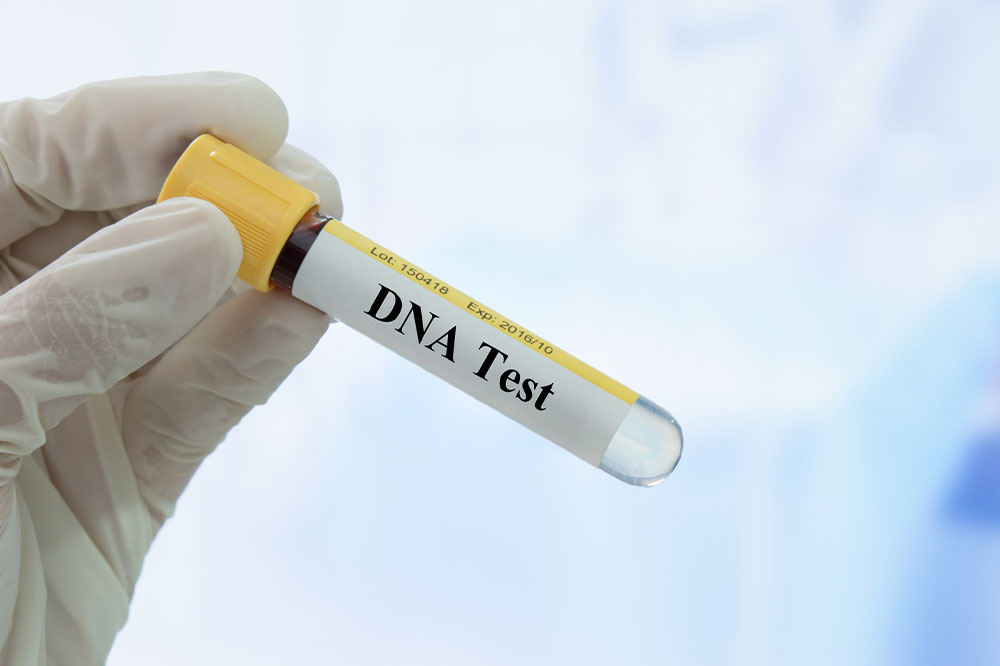Comprehensive Guide to Choosing the Right Home DNA Test Kit for Your Health and Heritage
Discover everything you need to know about home DNA test kits, from their workings and benefits to how to choose a reliable provider. This comprehensive guide ensures you make informed decisions about genetic testing for health, ancestry, and traits, optimizing your understanding and privacy considerations. Whether for personal curiosity or health insights, learn how to navigate the options and interpret your results effectively in this detailed overview.

Essential Considerations Before Purchasing a Home DNA Test Kit
In recent years, the popularity of personal DNA testing has soared, transforming the way individuals understand their genetic makeup, heritage, and health risks. More people are turning to at-home DNA test kits as a convenient, private, and cost-effective alternative to traditional clinical testing methods. These kits allow users to explore their ancestral roots, health predispositions, and genetic traits from the comfort of their own homes, eliminating the need for clinic visits or expensive laboratory procedures.
While laboratory-based genetic testing offers detailed, comprehensive results often utilizing advanced technologies like whole-genome sequencing, home DNA kits provide a practical and accessible option for most users. They are designed to be simple to operate, affordable, and capable of delivering insights into various aspects of your genetic profile. However, before purchasing a home DNA testing kit, it's crucial to understand how these tests work, what they can and cannot reveal, and how to select a reputable provider to ensure the accuracy and reliability of your results.
Understanding How Home DNA Testing Kits Work
Home DNA test kits typically analyze specific regions of your genetic code known as SNPs (single nucleotide polymorphisms). These are tiny variations within your DNA, involving changes in a single base among the four chemical bases: adenine (A), thymine (T), cytosine (C), and guanine (G). The pattern of these variations can influence your physical traits, disease susceptibility, drug response, and ancestral origins.
The process begins with collecting a DNA sample—usually through a simple saliva specimen or a cheek swab. Users then send the sample back to the company's laboratory in a sealed container. Once received, the lab performs genetic analysis, focusing on the selected SNPs relevant to the test's purpose—whether for ancestry, health, or traits. The results are compiled into an easy-to-understand report, often accessible via an online platform or app.
Key Features of Home DNA Testing Kits
Ease of Use
One of the primary advantages of home DNA testing kits is their user-friendly design. The process is straightforward: collect your sample, package it securely, and mail it to the designated laboratory. Most kits come with detailed instructions to guide you through the procedure, minimizing errors and ensuring sample integrity. For example, popular brands like Family Tree DNA, AncestryDNA, and 23andMe offer kits priced between $69 and $199, depending on the level of detail and analysis offered.
Types of Genetic Information Provided
These kits analyze specific genetic markers to provide insights into various areas:
Ancestral Heritage: Discover your ethnic origins, migration patterns, and lineage connections across different regions.
Health Predispositions: Identify genetic risks for certain health conditions, such as diabetes, heart disease, or carry important pharmacogenomic data influencing medication responses.
Physical Traits and Personal Characteristics: Learn about traits like eye color, hair type, or lactose intolerance.
Carrier Screening: Find out if you are a carrier for specific inherited conditions, which is especially useful for family planning.
Accuracy and Scientific Limitations
Reputable companies employ sophisticated methods that achieve an accuracy rate of approximately 99.99% for the SNPs tested. Nonetheless, the depth of analysis varies significantly across different kits. Basic tests may only provide information on a handful of traits or health markers, while comprehensive options analyze thousands of SNPs to give a broader picture.
It’s important to remain cautious of kits promising overly broad or definitive health advice, especially those claiming to predict complex diseases or lifestyle outcomes without substantial scientific backing. Whole-genome sequencing, which offers a complete view of your genetic code, is generally unnecessary for routine health and ancestry insights and can lead to increased false positives or ambiguous results if not interpreted carefully.
Choosing a Reputable Home DNA Testing Service
With many providers on the market, selecting a trustworthy company is essential for obtaining accurate and meaningful results. Consider the following factors:
Certification and Data Privacy: Ensure the company is certified by relevant regulatory bodies like the FDA or equivalent authority and adheres to strict data privacy standards.
Testing Scope and Transparency: Review what markers are analyzed and whether the company provides detailed information about their testing methods.
Customer Feedback and Reviews: Look for reputable reviews and testimonials to gauge customer satisfaction and reliability.
Support and Resources: Choose providers offering access to genetic counseling or consultation services if you seek in-depth interpretation of your results.
Considering Ethical and Privacy Aspects
Before submitting your genetic sample, think carefully about data privacy and ethical implications. Some companies retain DNA data for future research or marketing unless you opt out, so read their privacy policies thoroughly. Decide whether you're comfortable sharing your genetic information and understand how your data will be used.
Final Tips for Using Home DNA Test Kits Effectively
Research and select a credible brand with positive customer reviews.
Follow all instructions precisely to avoid contamination or sample mishandling.
Be aware of the limitations of genetic testing and avoid making health decisions solely based on your results without consulting healthcare professionals.
Use your results as a tool for education and self-awareness rather than definitive diagnoses.
In conclusion, home DNA testing kits offer a fascinating and accessible window into your genetic history, health risks, and traits. By understanding how they work and choosing reputable providers, you can gain valuable insights safely and conveniently. Always remember that these tests are most effective when used as supplementary tools alongside professional medical advice and comprehensive genetic counseling.





